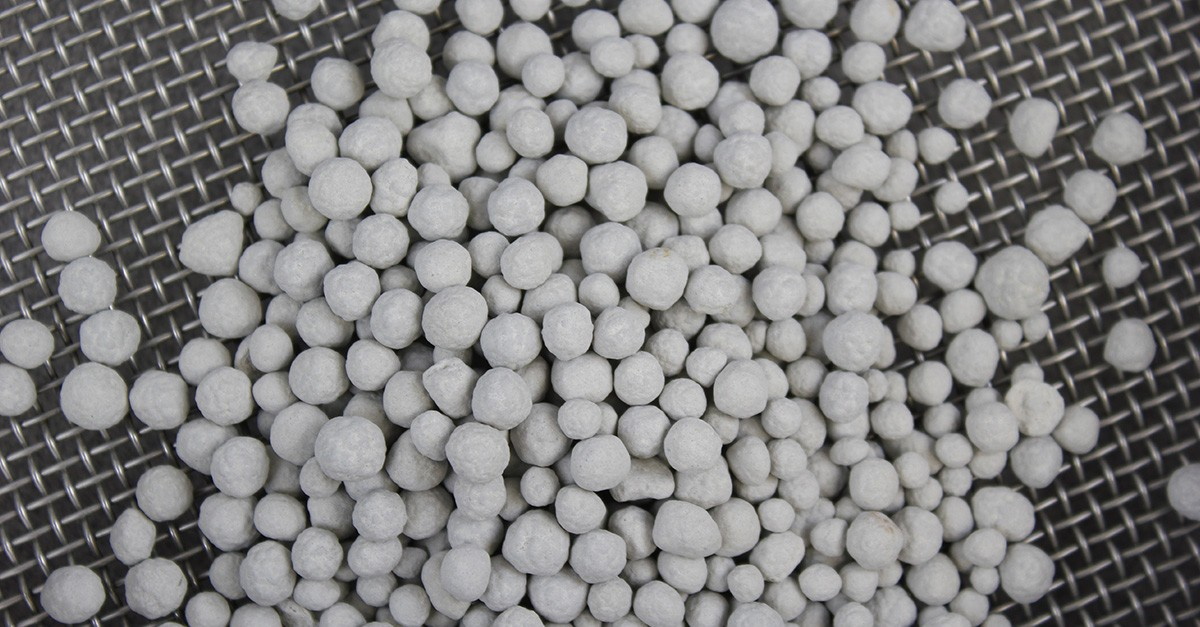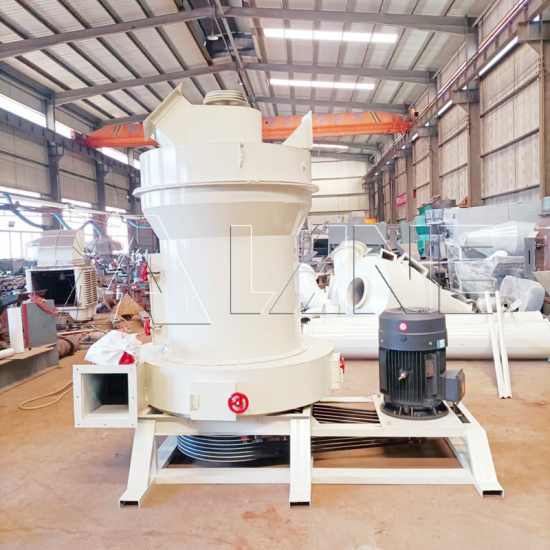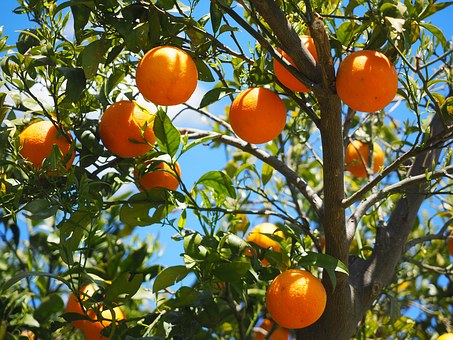
As one of the three macronutrients, phosphorus is an essential nutrient in crop production. Phosphorus assists plants in developing strong stems and roots, warding off disease, and giving plants the opportunity to thrive.To provide plants with the best source of phosphorus, phosphate rock is typically converted into phosphate fertilizer, most commonly MAP and DAP.
Phosphate rock mining: Phosphate rock is mainly obtained through underground mining or open-pit mining. The mined phosphate rock usually contains more impurities and needs to be initially crushed and cleaned to improve the grade of the phosphate rock. LANE’s Raymond mill can meet this demand well.

Phosphate rock processing: The processed phosphate rock is sent to the phosphoric acid production unit and extracted by the wet phosphoric acid process. In this process, the phosphate rock reacts with sulfuric acid to produce phosphoric acid, while releasing by-products such as hydrogen fluoride.
Phosphoric acid concentration: Phosphoric acid extracted from phosphate rock usually has a low concentration and needs to be increased by evaporation and concentration to meet the requirements of subsequent production of MAP and DAP.
Phosphoric acid neutralization: The concentrated phosphoric acid is neutralized with ammonia. Depending on the reaction conditions, MAP or DAP can be generated. MAP is the first neutralization product of phosphoric acid and ammonia, while DAP is further generated by reacting with ammonia on the basis of MAP.
Crystallization process: Under specific temperature and pressure conditions, the reaction product of phosphoric acid and ammonia will gradually crystallize out. The crystallization process of MAP and DAP needs to be precisely controlled to ensure product quality.
Separation and drying: After crystallization, MAP and DAP are separated into solid and liquid by centrifuge, and then dried to reduce the moisture content for easy storage and transportation.
Promote root development: Phosphate fertilizer can promote the development of plant roots, increase the number and length of root hairs, and thus enhance the ability of plants to absorb water and nutrients.
Promote flowering and fruiting: Phosphorus is one of the indispensable elements in the flowering and fruiting process of plants. It participates in the energy metabolism and photosynthesis of plants, and helps plants to form sufficient energy to support flowering and fruiting.
Improve nutrient absorption capacity: Phosphate fertilizer can improve the plant’s ability to absorb other nutrients, especially nitrogen and potassium, which is essential for the overall growth and health of plants.
Enhance disease resistance: Adequate phosphorus content helps to increase the thickness of plant cell walls and increase the stability of cell membranes, thereby reducing the risk of plant infection with pathogens.
Improve crop yield and quality: Rational application of phosphate fertilizer can significantly increase crop yield and quality, which is one of the key measures to achieve high yield and high quality in agricultural production.

In general, phosphate fertilizer plays an important role in agricultural production. It promotes plant growth and development in many ways and improves crop yield and quality. Therefore, the rational application of phosphate fertilizer is an important measure to ensure the healthy growth of crops and improve the benefits of agricultural production.
Of course, we also offer other types of products for your different needs, you can click to view.
For more information, please contact us by sending an inquiry today! We can help you!
Copyright © Henan Lane Heavy Industry Machinery Technology Co., Ltd.